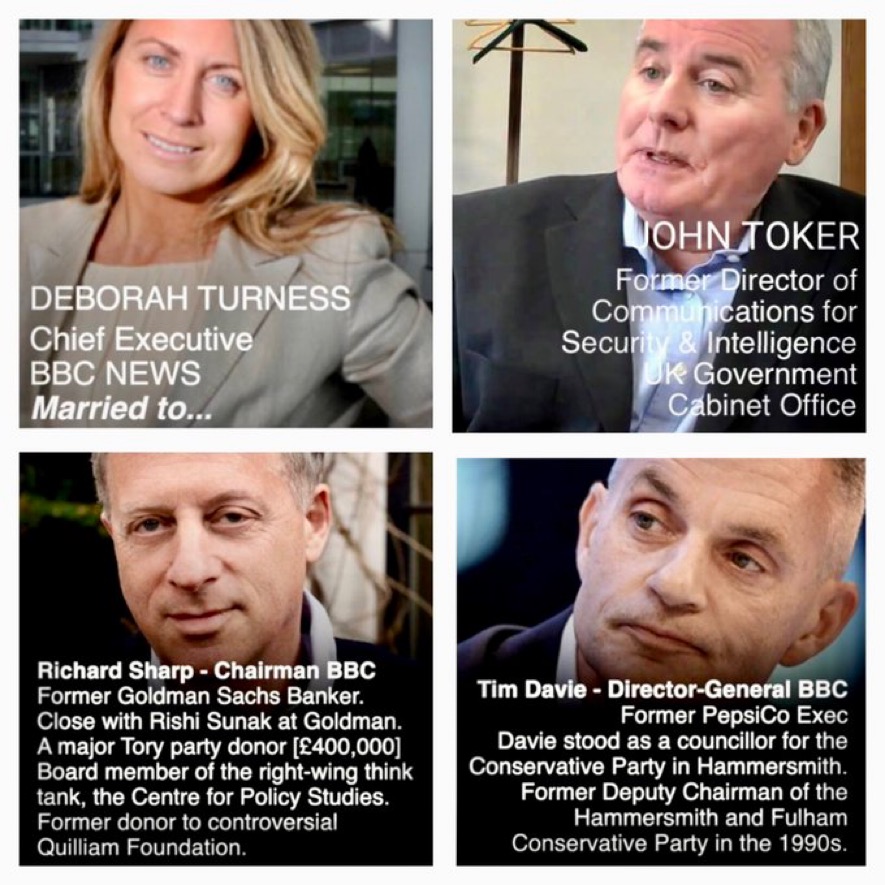BBC worries me.
📺 Media Bias and the Farage Effect: A Sovereignty Mirage
It’s no mystery why Nigel Farage receives disproportionate coverage in the British press. Many of our major newspapers are owned by foreign conglomerates whose interests lie not in strengthening British democracy, but in shaping it to suit their own agendas. The irony is striking: those who shout loudest about patriotism and sovereignty are often the most susceptible to foreign influence—cheered on by media outlets that masquerade as defenders of British values.
But what’s more troubling is the role of the BBC. Once regarded as a pillar of impartiality and investigative rigour, it now appears to have abandoned that legacy.
Farage and the Reform Party—who hold just five seats in Parliament—are granted far more airtime than moderate parties like the Liberal Democrats, who command 72 MPs. This imbalance isn’t subtle; it’s systemic.
Take *BBC Question Time* as a case in point. Farage has appeared as a panellist **38 times**, while Ed Davey, the Liberal Democrat leader, has featured only **13 times**. That’s not editorial balance—it’s amplification.
Even more concerning is the lack of scrutiny Farage receives in interviews. His connections to Vladimir Putin, which should raise serious questions about foreign entanglements and geopolitical loyalties, are rarely interrogated with any rigour. The silence is deafening.
This isn’t just about one man—it’s about the machinery that elevates him. When media institutions fail to challenge power, they become complicit in distorting public discourse. And when they platform populism without accountability, they erode the very democratic values they claim to uphold.
Footnote:
Concerns about BBC bias are often linked to its governance structure. Several senior figures, including former Chairman Richard Sharp, have had ties to the Conservative Party, raising questions about impartiality. Editorial trends show disproportionate coverage of right-wing populists like Nigel Farage, while moderate voices receive less airtime. Structural pressures—such as political threats to the licence fee and accusations of liberal bias—may also lead to overcompensation, skewing the BBC’s portrayal of public sentiment.
